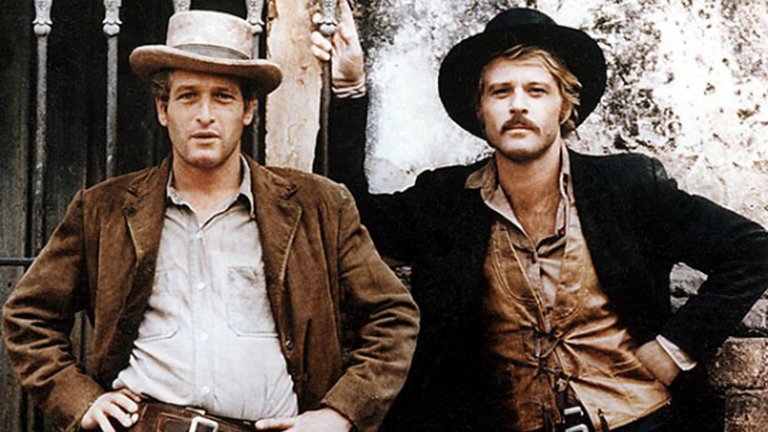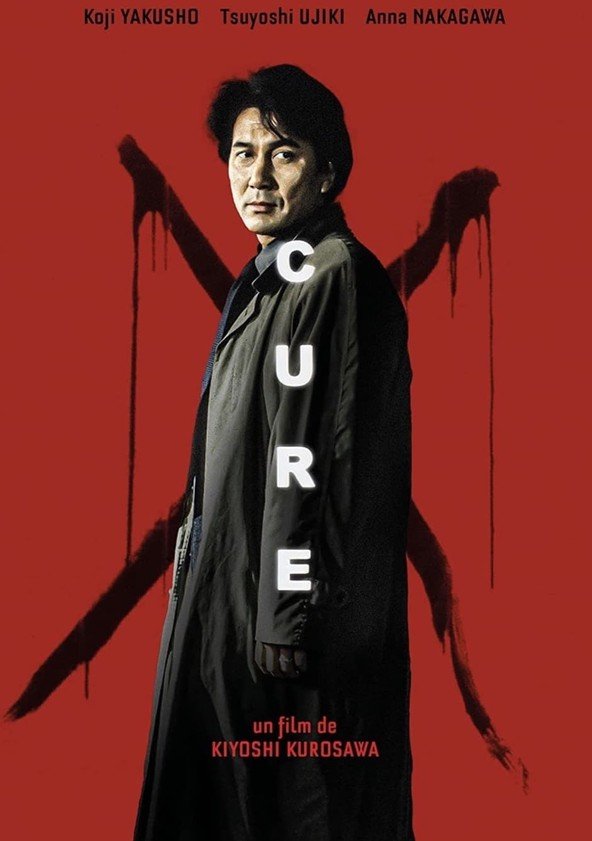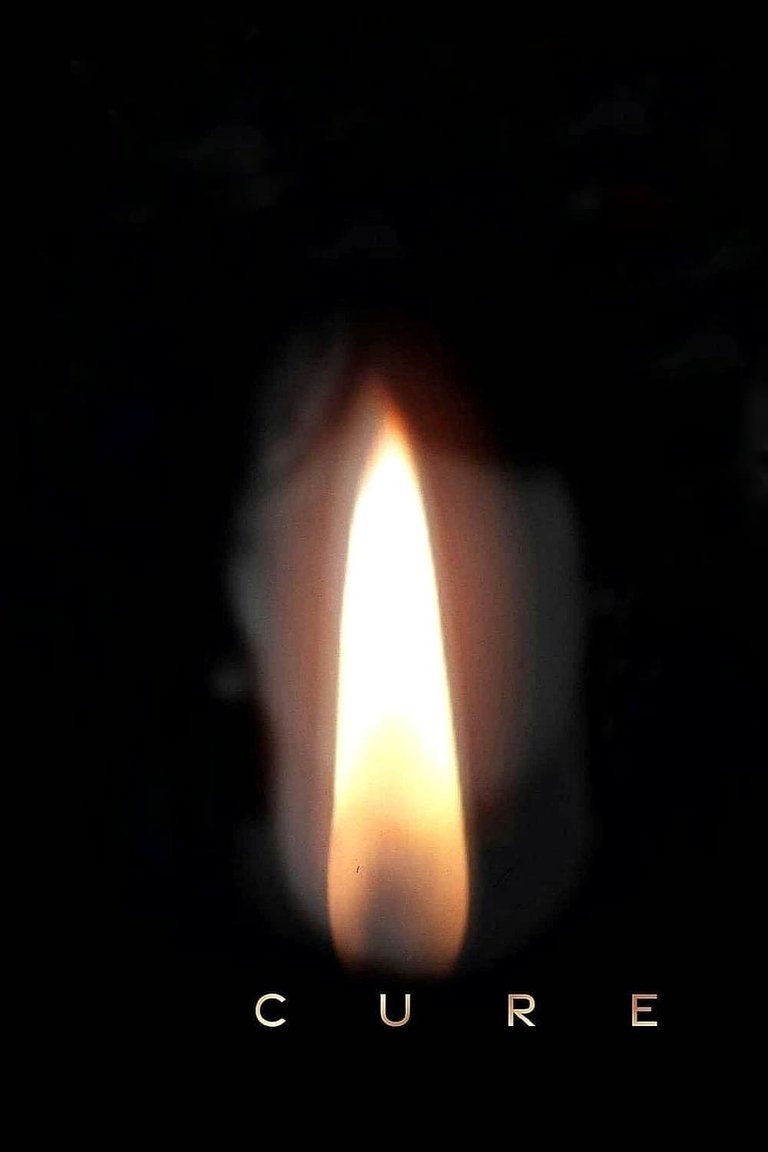Cure (1997): one of the most famous Japanese thrillers | uno de los thriller japoneses más famosos

¿Quién está detrás de estos misteriosos asesinatos?
Over the last few decades, Asian cinema has had an increasing presence in the West. The triumph of Parasite at the Oscars was a great boost for people on this side of the world to put - even more - their eyes on the cinema of the distant eastern lands that had already gained presence and notoriety, especially thanks to Japanese films and Korean dramas, and directors such as Akira Kuroasawa, Kim Ki-duk and Chan-Wook Park, among others.
Durante las últimas décadas, el cine asiático ha tenido cada vez mayor presencia en occidente. El triunfo de Parasite en los Oscars fue un gran impulso para que las personas de este lado del mundo pusieran - aún más - sus ojos en el cine de las lejanas tierras de oriente que ya había ganado presencia y notoriedad, especialmente gracias a las películas japonesas y los dramas coreanos, y a directores como Akira Kuroasawa, Kim Ki-duk y Chan-Wook Park, entre otros.
It's no secret that South Korea and Japan make very good mystery and suspense films. And in the vast majority of lists that include the best thrillers from that side of the world one will find - almost always - the titles I Saw the Devil, Memories of Murder and Cure. As I had already seen the first two and had also not seen a thriller for a while, a couple of nights ago I decided to watch this film written and directed by Kiyoshi Kurosawa (not related to the director of Roshomon) and starring Kôji Yakusho, the incredible protagonist of Perfect Days by Wim Wenders and who I also recently saw in Silk. Like most thrillers, or many of them, Cure begins with a murder. A random man appears walking down the street and then we see him sharing a room with a woman whom he murders with a heavy metal pipe. The authorities and Inspector Takabe (Yakusho) arrive at the scene, he's in charge of investigating these strange murders. The girl was a prostitute, a profession that is sadly exposed to this type of risk, so at first some police believe that there is nothing extraordinary about the crime, but a huge X drawn on the victim's chest with a knife leads them in another direction: this is the third victim in two months to appear with an X-shaped stab wound.
Para nadie es un secreto que en Corea del Sur y en Japón hacen muy buenas películas de misterio y suspenso. Y en la gran mayoría de las listas que incluyen los mejores thrillers de ese lado del mundo uno se va a encontrar - casi siempre - con los títulos de I Saw the Devil, Memories of Murder y Cure. Como ya había visto los dos primeros y además tenía tiempo sin ver un thriller, me dispuse hace un par de noches a ver esta cinta escrita y dirigida por Kiyoshi Kurosawa (no está emparentado con el director de Roshomon) y protagonizada por Kôji Yakusho, el increíble protagonista de Perfect Days de Wim Wenders y a quien también vi recientemente en Silk. Como la mayoría de los thrillers, o muchos de ellos, Cure comienza con un asesinato. Un hombre cualquiera aparece caminando por la calle y luego lo vemos compartir una habitación con una mujer a la que asesina con un pesado tubo metálico. A la escena llegan las autoridades y el inspector Takabe (Yakusho) quien es el encargado de investigar estos extraños asesinatos. La chica era una prostituta, profesión que tristemente se ve expuesta a ese tipo de riesgos, así que al inicio algunos policías creen que no hay nada de extraordinario en el crimen, pero una enorme equis dibujada en el pecho de la víctima con un cuchillo los conduce en otra dirección: es la tercera víctima en dos meses que aparece con una herida de arma blanca en forma de equis.

Logically we think that it's a serial killer, but as the film progresses, we see that it's not that simple. The culprits of the three murders are completely normal people, with no motives for having committed the murder, they are not related to each other and yet they all remember having felt the intention to kill before committing the act and the subsequent awakening, but not the moment of the attack, how are these cases related then?
Lógicamente pensamos que se trata de un asesino en serie, pero a medida que la película avanza, vemos que no es algo tan simple. Los culpables de los tres asesinatos son personas totalmente normales, sin motivos para haber cometido el asesinato, no están relacionadas entre sí y sin embargo todos recuerdan haber sentido la intención de matar antes de cometer el acto y el despertar posterior, no así el momento del ataque, ¿cómo se relacionan entonces estos casos?
One of Takabe's colleagues tells him his suspicion that these people have been the puppets of something darker, as if the demon of perversity possessed them and forced them to kill. But there has to be another explanation, more rational, or at least not so demonic. Are we going to blame everything on God or the Devil? As the investigation progresses and we see how other murders are committed, we begin to see a secondary character who is gaining more and more prominence. It's about a forgetful wanderer who wanders around the city. First we see him lost on a beach, then he's detained by the police and admitted to a hospital and little by little we begin to suspect that this man is not what he seems. There's much more to him than what we are told at the beginning. The way Kurosawa introduces the secondary characters is very clever because he does it without any kind of preamble. It cuts an image and immediately shows the sequence of another person who had not appeared until then and it's almost as if you were watching another movie until you understand that character's connection to the plot. He does it several times and since one of those times is with respect to the homeless man, at first one does not suspect that the guy has valuable information for the police and much less that he will have a determining role in the resolution of the case, if it can be called that. .
Uno de los colegas de Takabe le comenta su sospecha de que estas personas han sido las marionetas de algo más oscuro, como si el demonio de la perversidad los poseyera y los obligara a matar. Pero tiene que haber otra explicación, más racional, o por lo menos no tan demoníaca, ¿vamos a culpar de todo a Dios o al Diablo? A medida que la investigación avanza y vamos viendo cómo se cometen otros asesinatos, comenzamos a ver un personaje secundario que va ganando cada vez mayor protagonismo. Se trata de un vagabundo desmemoriado que ronda por la ciudad. Primero lo vemos perdido en una playa, luego es detenido por la policía e internado en un hospital y poco a poco vamos sospechando que este hombre no es lo que parece. Hay mucho más de él que lo que se nos cuenta al principio. Es muy inteligente la forma en que Kurosawa introduce los personajes secundarios porque lo hace sin ningún tipo de preámbulo. Corta una imagen e inmediatamente muestra la secuencia de otra persona que no había aparecido hasta entonces y es casi como si estuvieras viendo otra película hasta que logras entender la conexión de ese personaje con la trama. Lo hace varias veces y como una de esas veces es con respecto al vagabundo, al inicio uno no sospecha que el tipo tiene información valiosa para la policía y mucho menos que tendrá un papel determinante en la resolución del caso, si es que puede llamarse así.

Now, I have to say, despite this positive way of narrating and revealing small details that make up the story, the truth is that Cure didn't seem as extraordinary to me as the critics had said. I feel like it's a good thriller, but I would put it on a more standard level. Let's say it's a good thriller, but little more.
Ahora bien, tengo que decirlo, a pesar de esa forma positiva de narrar y de ir revelando pequeños detalles que van conformando la historia, la verdad es que Cure no me pareció todo lo extraordinaria que la crítica había dicho. Siento que es un buen thriller, pero lo colocaría en un nivel más estándar. Digamos que es un thriller del montón de los buenos, pero poco más.
The feeling that this Kurosawa film left me is a little similar to the one I felt after watching Forgotten by Jang Hang-jun: the promise of a great story that deflates a bit in the second half and leaves a taste of outstanding debt. Something better, in my opinion, is Decision to Leave by Chan-Wook Park and much better, without a doubt, Old Boy and The Handmaiden by Park himself or Memories of Murder and Mother by Bong Joon-ho, which are also tremendous gems. Cure has good direction, a good script, good acting by the protagonist and his secondary characters and has almost everything to have been a great film. If it doesn't end up being that, I think it's because in the end the mystery doesn't have as much impact, although I recognize that the final scene, as an epilogue, does leave one thinking and questioning the possibility that the ending may not have been such. So far I haven't seen any more of Kiyoshi Kurosawa's films, but there are a couple of his titles that I would like to review first. However, to be honest, before doing that, I would rather watch more films by Ryusuke Hamaguchi or the aforementioned Chan-Wook Park and Kim Ki-duk (I'm not saying watch more Bong Joon-ho films because I've already seen everything he has released to date), but I would like to read your recommendations, which Asian thriller is your favorite? Which one do you remember that seemed extraordinary to you? I read you in the comments.
La sensación que me dejó esta cinta de Kurosawa se parece un poco a la que sentí después de ver Forgotten de Jang Hang-jun: la promesa de una gran historia que se desinfla un poco en la segunda mitad y deja un gusto a deuda pendiente. Algo mejor, en mi opinión, es Decision to Leave de Chan-Wook Park y mucho mejores, sin duda, Old Boy y The Handmaiden del propio Park o Memories of Murder y Mother de Bong Joon-ho, que también son tremenas joyitas. Cure tiene buena dirección, un buen guión, la buena actuación del protagonista y sus personajes secundarios y tiene casi todo para haber sido una gran película. Si no lo termina siendo, creo que es porque al final el misterio no impacta tanto, aunque reconozco que la escena final, a manera de epílogo, si lo deja a uno pensando y cuestionando la posibilidad de que el final no haya sido tal. Hasta ahora no he visto más películas de Kiyoshi Kurosawa, pero hay un par de títulos suyos que me gustaría revisar antes. Sin embargo, siendo sincero, antes de hacer eso, prefiero ver más películas de Ryusuke Hamaguchi o de los ya mencionados Chan-Wook Park y Kim Ki-duk (no digo ver más películas de Bong Joon-ho porque ya he visto todo lo que ha estrenado a la fecha), pero me gustaría leer sus recomendaciones, ¿que thriller asiático es su favorito? ¿cuál recuerdan que les haya parecido extraodinario? Los leo en los comentarios.
Reseñado por @cristiancaicedo
Other posts that may interest you | Otros posts que pueden interesarte:
  |
|---|




Yeehaw, partner! This here blog post sure got me intrigued on them Asian thrillers! 🤠
From Venezuela, our witness drives decentralization and the adoption of Web3 technology, creating opportunities for the local community and contributing to the global ecosystem. // Desde Venezuela, nuestro testigo impulsa la descentralización y la adopción de la tecnología Web3, generando oportunidades para la comunidad local y contribuyendo al ecosistema global.
Sigue, contacta y se parte del testigo en: // Follow, contact and be part of the witness in:
Ciertamente, el cine asiático de suspenso e intriga se ha convertido en una suerte de "boom" desde hace varios años. Tu reseña deja ver gran parte de ese valor a través del comentario acucioso de uno de sus filmes. Saludos, @cristiancaicedo.
Muchas gracias por el apoyo una vez más. Saludos.
¡Felicidades! Esta publicación obtuvo upvote y fue compartido por @la-colmena, un proyecto de Curación Manual para la comunidad hispana de Hive que cuenta con el respaldo de @curie.
Si te gusta el trabajo que hacemos, te invitamos a darle tu voto a este comentario y a votar como testigo por La Colmena.
Si quieres saber más sobre nuestro proyecto, te invitamos a acompañarnos en nuestro servidor de Discord.